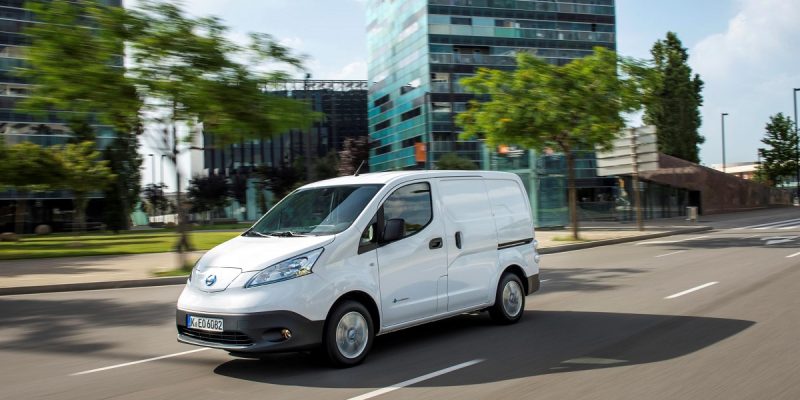More than half of the world’s small businesses believe in 20 years their commercial fleets will be fully autonomous while two-thirds say they will be all electric.
Those are among the findings of a global study of 3,257 business LCV operators by the Renault-Nissan-Mitsubishi Alliance of small to medium-sized businesses as they strive to keep up with the growth of e-commerce. One of the key conclusions is that most of the organizations surveyed believe they need smarter technology to improve delivery efficiencies.
Some 18% of small business leaders say the pace of change in the world of e-commerce and the rising demand for deliveries is the biggest business challenge they face logistically, with 17% citing the ability to keep up with regulation changes. Customer expectations over delivery times concerned 12% of respondents while 11% saw rising urban traffic congestion as a key worry.
A large minority of 40% said their organizations are well prepared for e-commerce while 30% say they have much more work to do in getting up to speed with smarter technology. Of businesses with more than 25 vehicles in their fleets, 45% say they need smarter technology to improve efficiencies in the face of the new challenges.
Regarding connectivity, 70% of all small businesses believe that better connectivity could improve their business and 29% of respondents also believe the capacity for vehicles in their fleets to communicate with each other is a key advantage, while 21% hope to use their vehicles as a third screen.
A majority of 55% predict their fleets will be fully autonomous in the next 20 years with 38% believing this may happen in as little as 10 years.
Ashwani Gupta, senior vice-president of the Renault-Nissan-Mitsubishi LCV business, said: “As on-demand consumerism continues to rise, this is a crucial moment to ensure small businesses feel empowered to succeed in e-commerce. We’ve heard from business leaders themselves that prioritizing smarter technology for fleets will help to reach their customers with increased speed and scale – factors that are becoming ever more crucial for survival in this space.”
— Paul Myles is a seasoned automotive journalist based in London. Follow him on Twitter @Paulmyles_
By Paul Myles
Source: https://www.tu-auto.com
CUT COTS OF THE FLEET WITH OUR AUDIT PROGRAM
The audit is a key tool to know the overall status and provide the analysis, the assessment, the advice, the suggestions and the actions to take in order to cut costs and increase the efficiency and efficacy of the fleet. We propose the following fleet management audit.




